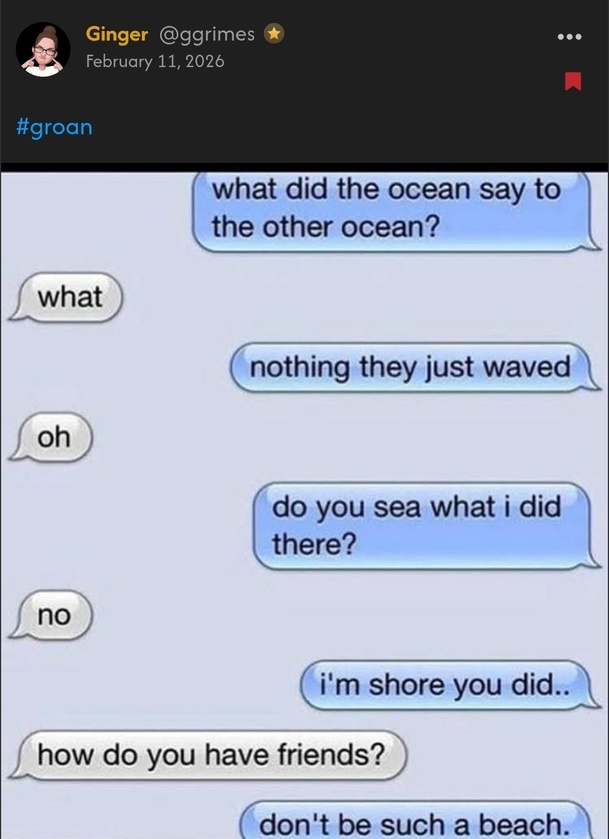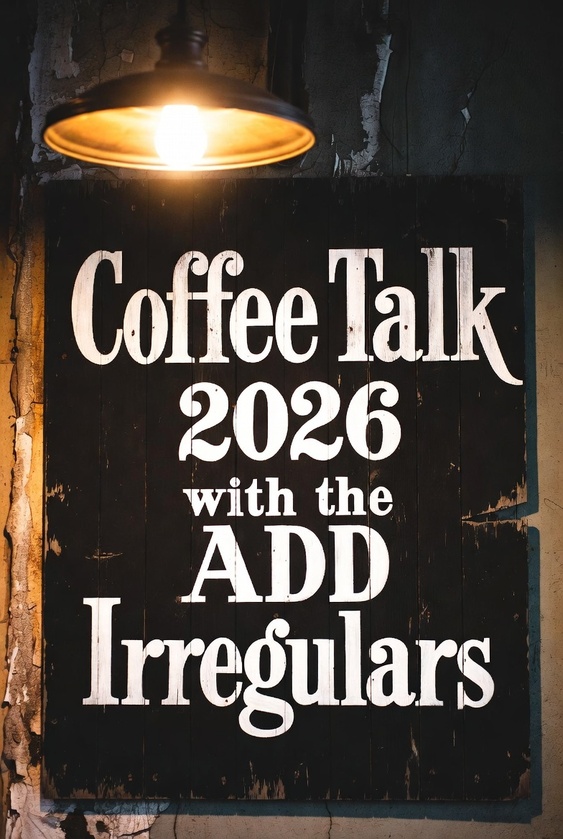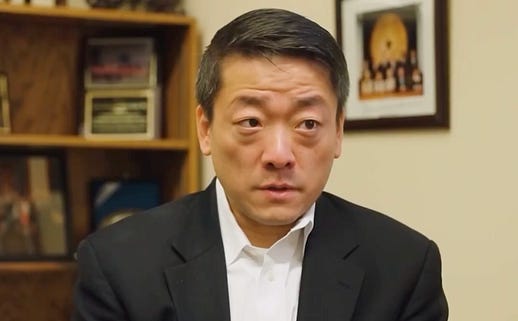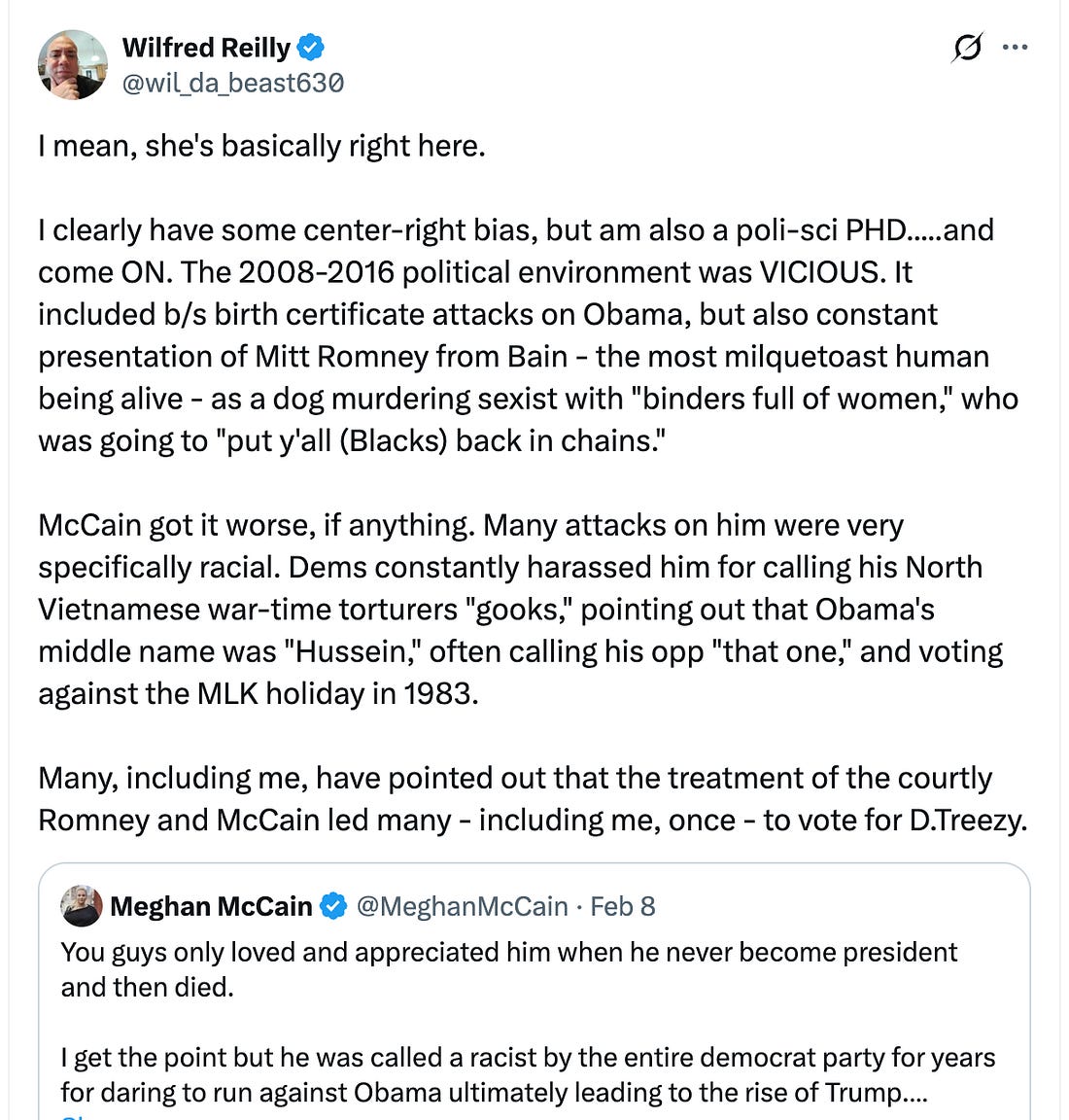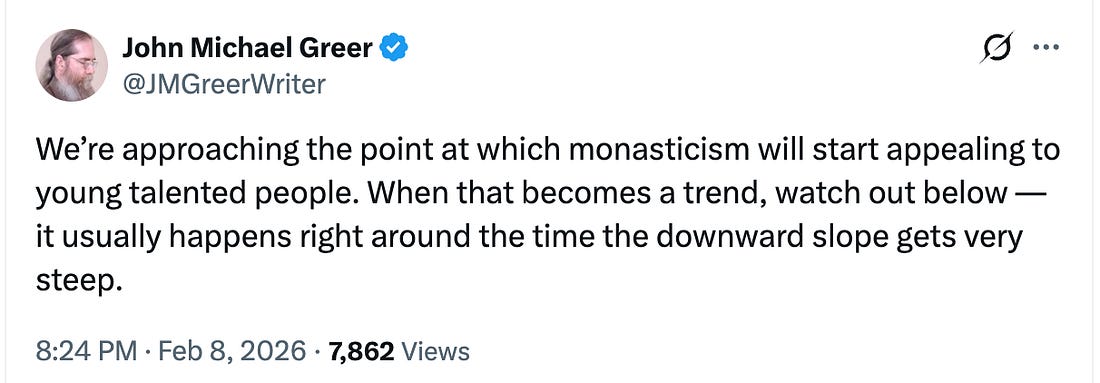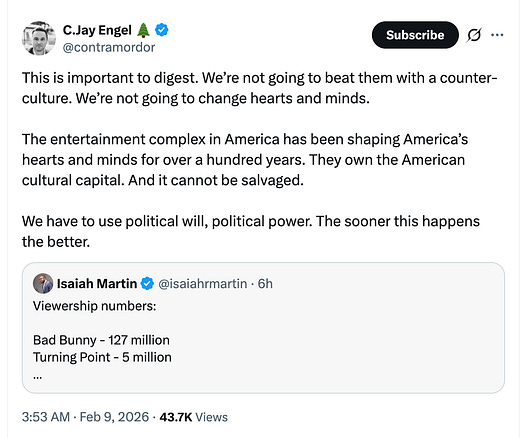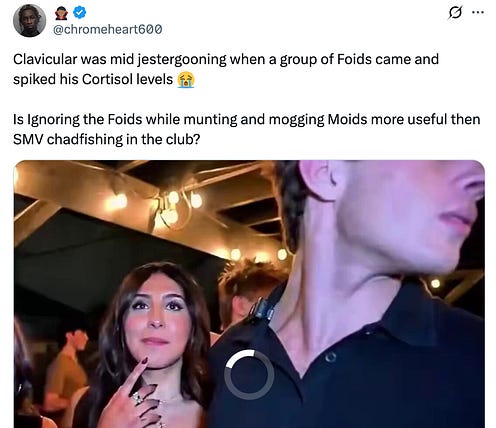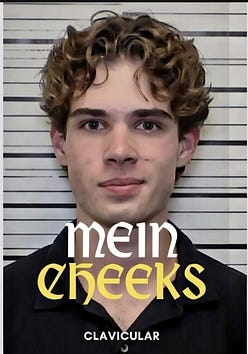 |
The Weak Gods Of Now
And: Incomplete Religions; Bigfoot; Gangs Of Aurora; Don't Call Germans Fat
|
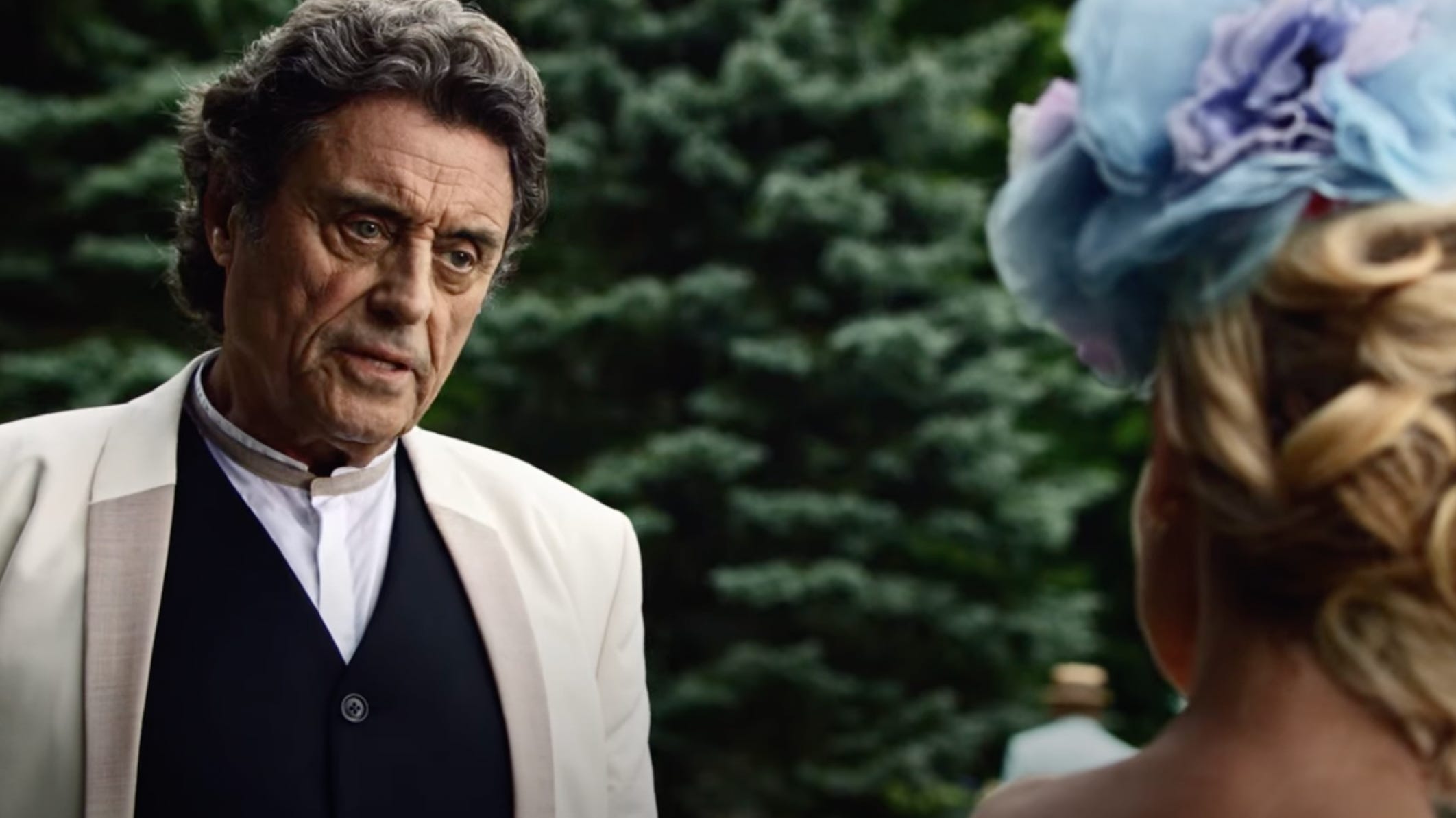 |
Paul Kingsnorth’s latest essay says that the claim that the post-Christian West is “re-paganizing” is pretty thin. In much contemporary discourse, “pagan” is a synonym for someone who is not a Christian, Jew, or Muslim. That’s insufficient, says Kingsnorth. More:
I think there is a lot to this argument [for re-paganizaation]; and yet I don’t think it is quite right, for two reasons.
The first is that there are a lot of people around these days who call themselves ‘pagans’, and they would all reject the values that Perry et al ascribe to them. The reason for this, ironically, is that most of our new ‘pagans’ are in fact Christians in disguise. Their values - human rights, feminism, ecological sensitivity, and broadly liberal views - are derived from Christianity, and the ‘old gods’ they claim to worship often have suspiciously modern attitudes (see, for example, my essay on the reinvention of the ‘goddess Brigid’). It’s true that there is a minority of far-right pagan types who hang around on the fringes, blathering about the volk and the ‘old gods’ of the Aryans, but the fact that they are roundly rejected by the majority of modern pagans just helps to prove my point.
This brings me to my second reason. Say what you like about modern paganism, but however you quite define the word, it implies religious belief. Pagans and Christians might tear chunks off each other for all sorts of reasons, but they are essentially fighting over the nature of the divine. They - we - are all religious people.
If we were really ‘re-paganising’, then, we would be returning to the worship of the old gods. And yet, despite all the Satanic witchery of popular culture, we are not actually doing so. What we are seeing with the likes of Bambi Thug, Sam Smith and the rest is not the resurgence of a threatening new (or old) religion. It is an aesthetic. Nobody would die for it. Nobody would fight for it. It is LARPing and play-acting. Rather than signifying a sinister new development or threatening new faith, it is a flimsy veil drawn over a gaping void.
More:
In the West today, that means that we have to live in a culture without faith. Without faith in the Christian God, obviously, but without faith in anything else either. We are not pagans because pagans, like Christians, believe in something. We believe in nothing.
To underscore this point, a reader sent me this excerpt from Neil Gaiman’s novel American Gods. The reader said:
I don't know if you've read it, but the novel follows Shadow Moon, an ex-convict who becomes the bodyguard for a man calling himself "Mr. Wednesday." Turns out, Wednesday is actually the Norse god Odin, who is gathering old gods from various mythologies to wage a battle against the new gods of modern society, like Media, Technology, and Globalization, who thrive on contemporary obsessions.
One of the old gods Wednesday tries to recruit is Easter. This scene from the book, which came out in 2001, plays out at a café in San Francisco, and it's right on point:
Easter put her slim hand on the back of Wednesday’s square gray hand. “I’m telling you,” she said, “I’m doing fine. On my festival days they still feast on eggs and rabbits, on candy and on flesh, to represent rebirth and copulation. They wear flowers in their bonnets and they give each other flowers. They do it in my name. More and more of them every year. In my name, old wolf.”
“And you wax fat and affluent on their worship and their love?” he said, dryly.
“Don’t be an asshole.” Suddenly she sounded very tired. She sipped her mochaccino.
“Serious question, m’dear. Certainly I would agree that millions upon millions of them give each other tokens in your name, and that they still practice all the rites of your festival, even down to hunting for hidden eggs. But how many of them know who you are? Eh? Excuse me, miss?” This to their waitress.
She said, “You need another espresso?”
“No, my dear. I was just wondering if you could solve a little argument we were having over here. My friend and I were disagreeing over what the word ‘Easter’ means. Would you happen to know?”
The girl stared at him as if green toads had begun to push their way between his lips. Then she said, “I don’t know about any of that Christian stuff. I’m a pagan.”
The woman behind the counter said, “I think it’s like Latin or something for ‘Christ has risen,’ maybe.”
“Really?” said Wednesday.
“Yeah, sure,” said the woman. “Easter. Just like the sun rises in the east, you know.”
“The risen son. Of course—a most logical supposition.” The woman smiled and returned to her coffee grinder. Wednesday looked up at their waitress. “I think I shall have another espresso, if you do not mind. And tell me, as a pagan, who do you worship?”
“Worship?”
“That’s right. I imagine you must have a pretty wide-open field. So to whom do you set up your household altar? To whom do you bow down? To whom do you pray at dawn and at dusk?”
Her lips described several shapes without saying anything before she said, “The female principle. It’s an empowerment thing. You know?”
“Indeed. And this female principle of yours. Does she have a name?”
“She’s the goddess within us all,” said the girl with the eyebrow ring, color rising to her cheek. “She doesn’t need a name.”
“Ah,” said Wednesday, with a wide monkey grin, “so do you have mighty bacchanals in her honor? Do you drink blood wine under the full moon while scarlet candles burn in silver candleholders? Do you step naked into the seafoam, chanting ecstatically to your nameless goddess while the waves lick at your legs, lapping your thighs like the tongues of a thousand leopards?”
“You’re making fun of me,” she said. “We don’t do any of that stuff you were saying.” She took a deep breath. Shadow suspected she was counting to ten. “Any more coffees here? Another mochaccino for you, ma’am?” Her smile was a lot like the one she had greeted them with when they had entered.
They shook their heads, and the waitress turned to greet another customer.
“There,” said Wednesday, “is one who ‘does not have the faith and will not have the fun,’ Chesterton. Pagan indeed. So. Shall we go out onto the street, Easter my dear, and repeat the exercise? Find out how many passersby know that their Easter festival takes its name from Eostre of the Dawn? Let’s see—I have it. We shall ask a hundred people. For every one that knows the truth, you may cut off one of my fingers, and when I run out of them, toes; for every twenty who don’t know, you spend a night making love to me. And the odds are certainly in your favor here—this is San Francisco, after all. There are heathens and pagans and Wiccans aplenty on these precipitous streets.”
Her green eyes looked at Wednesday. They were, Shadow decided, the exact same color as a leaf in spring with the sun shining through it. She said nothing.
“We could try it,” continued Wednesday. “But I would end up with ten fingers, ten toes, and five nights in your bed. So don’t tell me they worship you and keep your festival day. They mouth your name, but it has no meaning to them. Nothing at all.”
Tears stood out in her eyes. “I know that,” she said, quietly. “I’m not a fool.”
“No,” said Wednesday. “You’re not.”
Larping these people may be, but people who fool around with the occult are getting in touch with real spiritual powers, and they are dark powers. I suspect Paul K. is right that for now, nobody would die for their paganism, but that doesn’t mean that the dark powers they are accessing cannot destroy them and much else besides.
I am reminded of a seminal 2003 essay by the increasingly heterodox Christian theologian David Bentley Hart, titled “Christ And Nothing.” In it, Hart says that the true religion of our time is nihilism (Kingsnorth says “the Void” — same thing). Here’s Hart:
As modern men and women—to the degree that we are modern—we believe in nothing. This is not to say, I hasten to add, that we do not believe in anything; I mean, rather, that we hold an unshakable, if often unconscious, faith in the nothing, or in nothingness as such. It is this in which we place our trust, upon which we venture our souls, and onto which we project the values by which we measure the meaningfulness of our lives. Or, to phrase the matter more simply and starkly, our religion is one of very comfortable nihilism.
This may seem a somewhat apocalyptic note to sound, at least without any warning or emollient prelude, but I believe I am saying nothing not almost tediously obvious. We live in an age whose chief moral value has been determined, by overwhelming consensus, to be the absolute liberty of personal volition, the power of each of us to choose what he or she believes, wants, needs, or must possess; our culturally most persuasive models of human freedom are unambiguously voluntarist and, in a rather debased and degraded way, Promethean; the will, we believe, is sovereign because unpremised, free because spontaneous, and this is the highest good. And a society that believes this must, at least implicitly, embrace and subtly advocate a very particular moral metaphysics: the unreality of any “value” higher than choice, or of any transcendent Good ordering desire towards a higher end. Desire is free to propose, seize, accept or reject, want or not want—but not to obey. Society must thus be secured against the intrusions of the Good, or of God, so that its citizens may determine their own lives by the choices they make from a universe of morally indifferent but variably desirable ends, unencumbered by any prior grammar of obligation or value (in America, we call this the “wall of separation”). Hence the liberties that permit one to purchase lavender bed clothes, to gaze fervently at pornography, to become a Unitarian, to market popular celebrations of brutal violence, or to destroy one’s unborn child are all equally intrinsically “good” because all are expressions of an inalienable freedom of choice. But, of course, if the will determines itself only in and through such choices, free from any prevenient natural order, then it too is in itself nothing. And so, at the end of modernity, each of us who is true to the times stands facing not God, or the gods, or the Good beyond beings, but an abyss, over which presides the empty, inviolable authority of the individual will, whose impulses and decisions are their own moral index.
As if anticipating Gaiman’s point, and Kingsnorth’s, Hart wrote of contemporary paganism:
It is, rather, a thoroughly modern religion, whose burlesque gods command neither reverence, nor dread, nor love, nor belief; they are no more than the masks worn by that same spontaneity of will that is the one unrivalled demiurge who rules this age and alone bids its spirits come and go.
It is a long and brilliant piece, the basic point of which is that the advent of the Christian era so thoroughly swept away that which came before that when the tide of Christian faith recedes, there is nothing left. Hart writes:
Which is why I repeat that our age is not one in danger of reverting to paganism (would that we were so fortunate). If we turn from Christ today, we turn only towards the god of absolute will, and embrace him under either his most monstrous or his most vapid aspect. A somewhat more ennobling retreat to the old gods is not possible for us; we can find no shelter there, nor can we sink away gently into those old illusions and tragic consolations that Christ has exposed as falsehoods. To love or be nourished by the gods, we would have to fear them; but the ruin of their glory is so complete that they have been reduced—like everything else—to commodities.
Read it all, and ponder it. Hart has a new book out, You Are Gods, which is said to be a long reflection on nature and supernature. I’ll have to read it, I guess, because Hart is undoubtedly a genius. But he is one of the bitterest, nastiest intellectuals around (I speak from personal experience). He carries his immense intelligence as a painful burden, it seems to me. Nevertheless, geniuses are not necessarily saints.
One reason I enjoy reading Houllebecq’s novels, though they can be quite unpleasant, is that he is not fooled by the bullshit lies of modern progressivism — the idea that if we just break free of Christian tradition, and worship human will and desire, we will at last be happy. Houellebecq is no Christian, but he knows we are up to our eyeballs in nihilism, and it it destroying us.
As I said yesterday, if you haven’t read his novel Submission, you might be surprised to learn that the Islamists who peacefully come to power in a future France are not the villains. The villains are the contemporary French, who, in the person of the protagonist, a Sorbonne professor named François, are depicted as too shallow, bored, and decadent to find a reason to live meaningful lives — and too afraid to return to their ancestral Christianity. So they submit to Islam cynically, out of despair. The Muslims seem to believe in something, at least — and that’s better than what the nihilistic French can manage.
The moment in Submission when François is at Rocamadour, the medieval pilgrimage site in France, and at worship, feels the touch of the Holy Spirit. “I felt ready to give up everything, not really for my country, but in general,” he says. To submit to Christ. But then, four sentences later: “Or maybe I was just hungry.” François loses touch, and returns to Paris, where he later submits to Islam, not out of conviction, but because he is the sort to go with the flow — and to make a profession of the Islamic faith, however phony, comes with all kinds of privileges in the new order.
I had that very scene in mind when I conceived Living In Wonder. Why did François turn away from the call of Christ in that mystical moment? Houellebecq doesn’t tell us directly, but I think he does. It’s about an impoverished imagination, as well as moral cowardice. A true god is one for whom you will sacrifice. François doesn’t want sacrifice. The god of Islam that he is offered by the new regime is not the god that pious Muslims follow, not really. François is offered a deal in which if he converts publicly, he will have a secure job, and be allowed to have several young wives. All he believes in is himself, and pleasure, so why not?
There’s a much softer and far more sympathetic American version of François, I think: Naomi Wolf, the squirrelly feminist public intellectual who is stumbling towards enchantment. In her latest Substack, Wolf writes of how the numinous keeps bumping into her, and she’s finally starting to think that Something May Be Up. Excerpt:
My dread of writing these essays to follow, is due to many reasons that you can imagine.
It is so safe to stay on the solid, credentialed, post-Enlightenment bus. I am a CEO of a growing company. I am helping to bring out a book that incorporates important science about a public health catastrophe. I have a lot of degrees. There is a great deal to risk reputationally from my stepping off, even in just some essays, from the post-enlightenment-hermeneutics bus (though I should know by now that reputations can be killed off and yet still not die).
But does that well-travelled bus even have a destination any longer? Does the world in which that destination was once familiar, even exist any more?
Even as we are looking at what seem to be materially-explained, post-Enlightenment news events and cultural situations, are we not also looking at events that are spinning like meteors from somewhere else; that is, from some more clearly moral or archetypal universe, into our lowly, more chaotic dimension; events that look like naked Fate and sometimes like sheer Karma, and at other times, like pure miracles?
As much as we think we are just scrolling through X and Substack, and touching base with friends, and watching the news, picking up groceries, getting on and off subways, and gazing with sadness at loved ones after having had useless conversations, are we not also witnesses to and often participants in what has now become an obvious, massive battle between meta-dimensional Good and Evil?
If you read the whole essay, it may seem to you, as it does to me, that she has a hunger to commit herself to Christianity, but can’t allow herself to make the leap. It doesn’t seem that she is afraid of abandoning secular materialism. It seems instead that she fears Christian particularity — that is, she’s too anxious to let go of liberalish universalism. What do you think?
Anyway, we are at the start of a wave of re-enchantment, it seems to me. But what kind of re-enchantment will it be? Christians have a POWERFUL story to tell here — if we find the courage to do it. But more than that, we have to live it.
(I’m sending this top part to the whole list today, so you who subscribe — if you haven’t been getting your daily dose, as some say they haven’t been — can know that a) you can fix it by going to Substack help and fiddling with your settings, and b) you can still read the daily dispatches on roddreher.substack.com)

